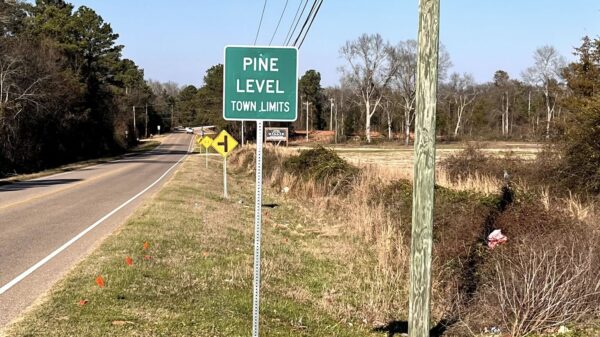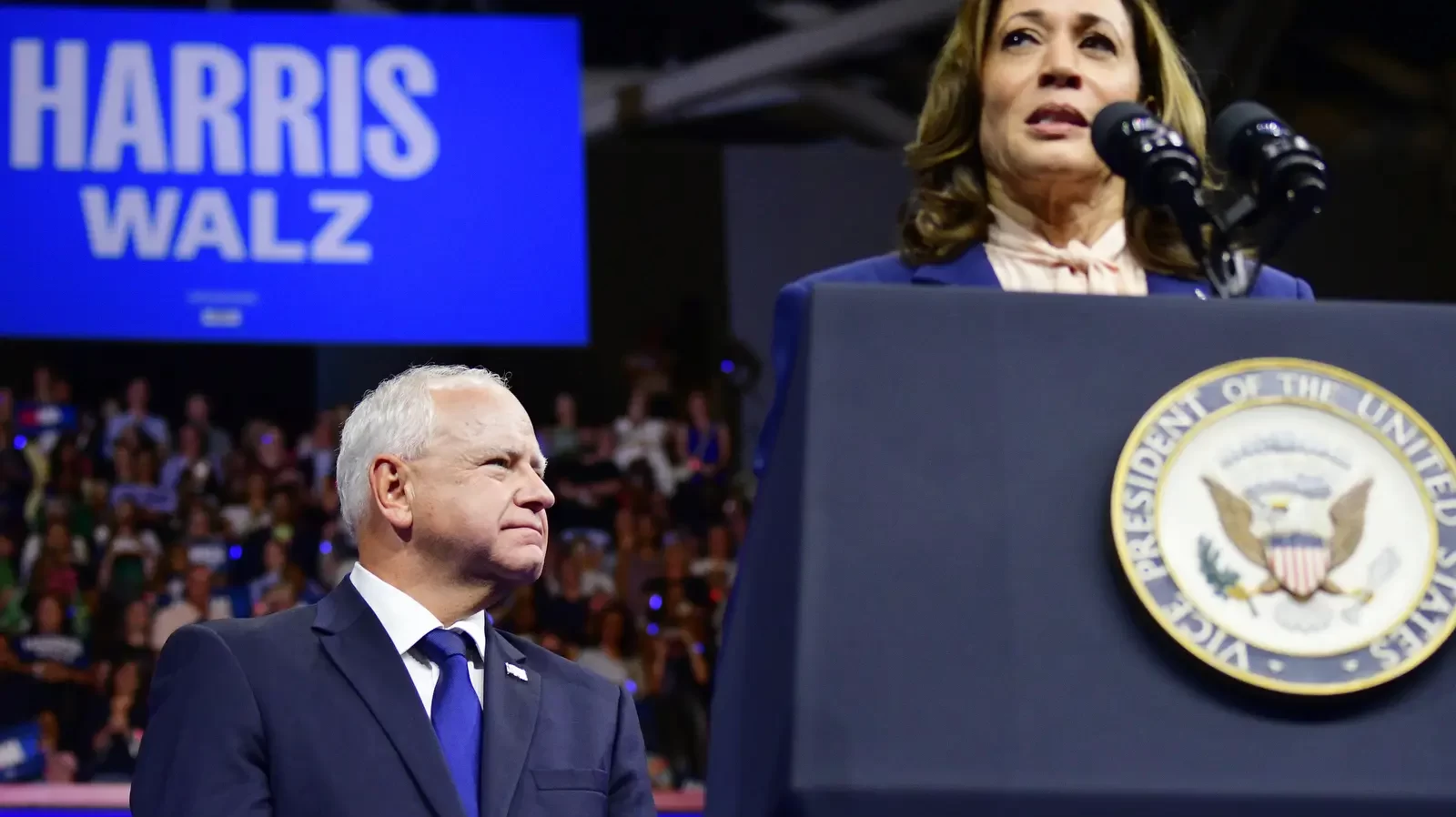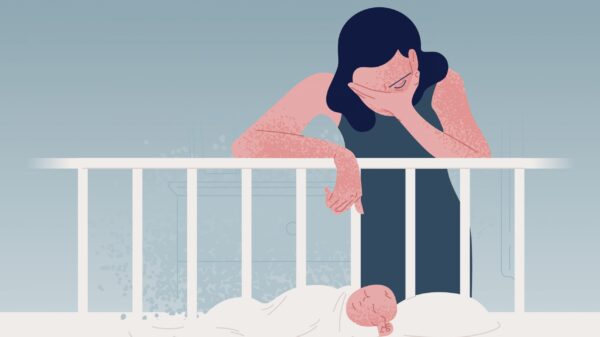|
Getting your Trinity Audio player ready...
|
At an October 15 rally in Lawrence County, Pennsylvania, Democratic vice presidential nominee Tim Walz laid out the Harris-Walz ticket’s policy proposals meant to appeal to rural voters.
“Rural neighbors are foundational to America’s success,” Walz told the crowd. “And I promise you this, Vice President Harris and I, when we win this election, we will have rural Americans’ back just like they’ve had our back.”
After talking about being a gun-owner and representing a rural district in the U.S. House, Walz said that “we’re going to recruit ten thousand rural healthcare professionals.” He also promised that they would attempt to expand access to telemedicine and support the creation of more pharmacies.
The executive director of Alabama Arise, Robyn Hyden, told APR that the organization “applauds policy solutions that aim to improve health care access in rural communities.”
“We support increasing coverage for long-term care for older adults and expanding telemedicine services,” she said. “And we support closing the Medicaid coverage gap in every state so everyone can afford the health care they need to survive and thrive.”
Alabama scores quite poorly on most measures of healthcare access and quality, a trend that has not been reversed by recent state policy on abortion and the state supreme court’s February ruling on IVF. Over a third of counties in Alabama, overwhelmingly rural counties, are classified as “maternal care deserts.”
In May, Stephen Stetson, Planned Parenthood Southeast’s Alabama state director, told APR that “Alabama is getting a reputation as a place where certain kinds of healthcare are unwelcome.” According to a report released earlier this year by the American Association of Medical Colleges, the number of applications for OB-GYN residencies in Alabama has fallen dramatically.
More recently, a 64-page report from the Alabama Department of Public Health sounded the alarm about access to dental care in rural counties. It states that “rural residents are shown to be less likely to have dental insurance, face accessibility barriers to dental care due to fewer practicing dentists, and experience disparities in health insurance coverage.”
So far this year, two hospitals in Alabama have already closed and another teeters on the edge of bankruptcy. Advocates of progressive policy like Hyden blame these closures on the state’s decision not to expand Medicaid — a claim Governor Kay Ivey evidently remains unconvinced by.
The Alabama Policy Institute, a more conservative Alabama-based think tank, has not responded to APR’s request for comment. Earlier this month, however, API released a report arguing that “yielding to pressure to expand Medicaid would pose significant risks to state budgets and Alabama’s overall economy.”
“Arise also supports efforts to boost economic well-being in rural communities,” Hyden continued. “These include strengthening the Child Tax Credit and Earned Income Tax Credit, extending paid family and medical leave benefits to more working parents, and expanding child care subsidies for families with low incomes. These investments would improve maternal and child health, and they would increase quality of life in rural areas and across our country.”
In addition to encouraging more people to work in rural healthcare, the Democratic candidates’ platform also includes restoring the Affordable Connectivity Program, a recently expired program that subsidized internet access for 1-in-5 Alabama residents. A White House fact sheet states that the Affordable Connectivity Program spent over a quarter of a billion dollars making internet more affordable for Alabama residents while it was funded by Congress.
While the Alabama state government has been spending many millions of dollars of federal money allocated by the American Rescue Plan in order to expand broadband in the state, some residents have still complained to state politicians about the speed of the roll-out.
Per a map produced by the Alabama Department of Economic and Community Affairs, many households are still underserved or unserved. With federal funding from the American Rescue Plan going away in the next couple years, restoring the Affordable Connectivity Program could help incentivize additional expansion of existing networks and keep low-income families able to afford their internet bills.
The actual efficacy of the proposed policies, however, would depend on their implementation, and whether they could be passed into law in the first place. With whom will occupy the White House next year still an open question, and Republicans heavily favored to take back the Senate, even if elected Harris and Walz could struggle to enact the policies they have promised rural voters.




















































